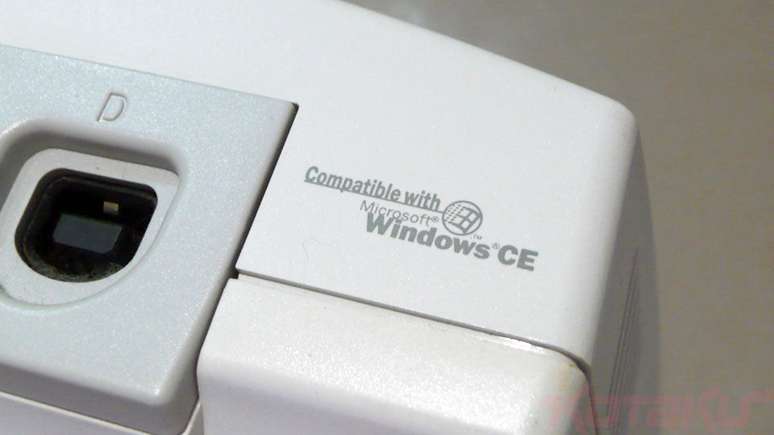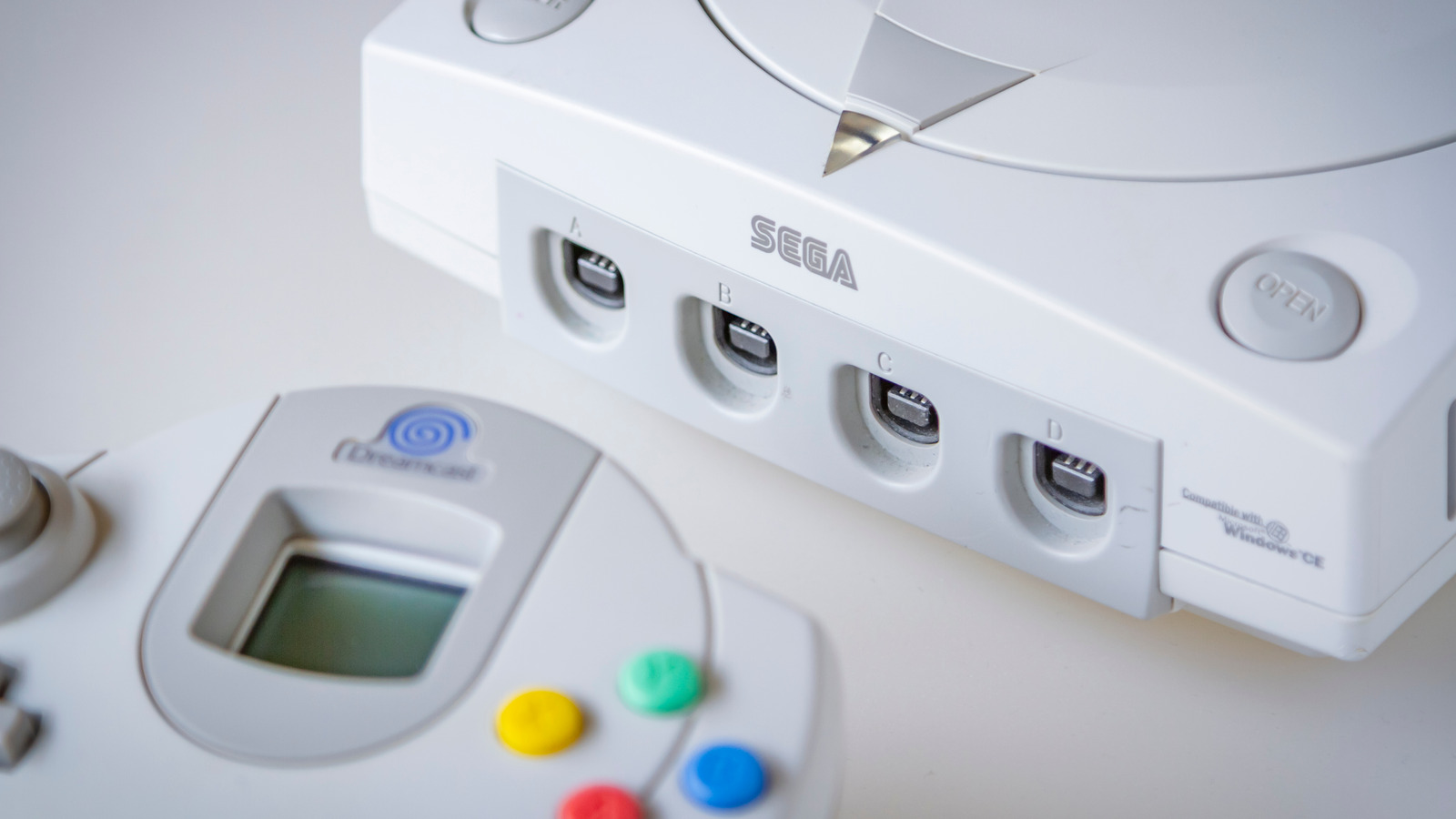I see a lot of votes for Sega of America, a little surprisingly to me. How much was late era SOA'S decisions derived from SoJ's insistence?
Well, SoA didn't do a great job with the Sega Technical Institute. Sonic 2 & 3 were the main notable games from them with long-lasting appeal, and they had a lot of Japanese staff on them (obviously). For those games, they also put out questionable content like Green Dog and Chakan: The Forever Man (great concept, super difficult with clunkiness adding a lot to that challenge). They had some neat stuff like Eternal Champions and Comix Zone but the former didn't get a legit good installment until the Sega CD version and the latter was a late-gen one-off. The Vectorman games were pretty cool, tho.
Also it was SoA that decided to focus on FMV games for the Sega CD, rather than expanded 2D games leveraging the CD format. That's why quite a few 2D Mega CD games were left in Japan. SoA were adamant in pushing for the 32X as well to act as an extension for Genesis since they didn't have a lot of faith in the Saturn, though 32X's failure can be equally placed on SoJ for greenlighting it and then giving them practically no support (they released it in Japan the month after Saturn's release, for example).
Once Bernie Stolar was hired, he completely botched Sega's relationships with several 3P including Working Designs, who were so pissed they pretty much went exclusively to PlayStation around 1997 or so. Bernie's also the reason for the 5 Star Policy which kept a lot of the best Japanese Saturn games stuck in Japan with no English releases or translations (this was pretty unfortunate for JRPGs in particular). And I think it was also Bernie Stolar who announced a $199.99 MSRP for Dreamcast in America, when SoJ were intending $249.99 (partly to make up for soft Japanese DC sales on hardware & software, and to not lose too much money on Dreamcast in the West hardware-wise).
So while Sega of Japan is mostly responsible for Sega's downfall as a platform holder, Sega of America aren't completely innocent here. I'd say it' maybe 7:3 favoring Sega of Japan.
Time frame for the release of both Saturn and Dreamcast felt stuck in between generations instead of launching alongside them.
I'd say that was more true of Dreamcast than Saturn, although I can kind of see how it fits Saturn as well. That system had an exceptional focus on 2D but not so much on 3D. Then again, Sega could not have predicted that affordable 3D for the home would've been a thing by 1995; they didn't think home gamers would've accepted 3D lower than Model 2 in quality, and felt arcades would have still remained the premier destination for 3D games.
In a sense they were, if you wanted the most cutting-edge 3D games out there (not counting PC). But Sega were wrong about gamers having low tolerance for lesser 3D in the home, just as long as it looked good. Unfortunately for them, Sony gave them affordable 3D that happened to also look better than what Saturn could've offered because the Saturn was primarily made for powerful 2D gaming. They were originally only going to offer Model 1-esque 3D with maybe support for some texture mapping, but had to hastily change plans due to PS1.
Nintendo were technically just as unprepared for 3D as Sega in a sense. Thankfully they lucked out and scored a contract for Silicon Graphic's 3D tech (that Sega passed up on). That afforded them a great means for home 3D even if they didn't have the in-house engineering skills for a custom 3D design at the time like Sony had.
Issue here is how do they replace their console users? Xbox Series is the fastest selling console they’ve had and has zero actual exclusives. Not to mention almost non existent 1st party (Hopefully that changes going forward). Even if they somehow get Gamepass on PlayStation which seems very unlikely, they also miss out on their own revenue from their digital store. With Bethesda and if this ABK deals closes, GP will really start to drive more consumers to their platform and keep them engaged into their ecosystem where they are likely to spend more time and money.
The whole reason they went to PC/cloud and now mobile is collectively with all those streams combined they will be a top player in the e gaming space for the foreseeable future. They’re not gonna just cut one of those out.
It
WAS the fastest-selling. It is not the fastest-selling anymore, hasn't been since the start of this year, maybe even since Fall 2022. For the past six months they have been tracking at OG Xbox levels at best, and have seemingly only sold 2 million units in that time span. They'd need to sell 4.2 million the rest of this year to even keep up with OG Xbox's 3rd year on the market.
What I think Microsoft should do, is continue making Xbox hardware but moving the business away from the traditional console model. That would mean effectively turning Xbox into a PC NUC-style gaming hardware brand. It can be both mini-PC units optimized for gaming like various OEM NUCs with some expandability options (such as RAM, maybe SKUs with different CPUs, and of course SSD expandability options) as well as laptops. Move the Xbox hardware under the Surface division, I'm sure they can do some innovative stuff with them.
They could price the devices at good profit margins while still being very competitive with current OEM NUCs on the market (say $549 for a Series S equivalent or $999 for a Series X equivalent, or updated models released on the market today fitting their placements in the product line), wouldn't have to manufacture as many units (helps with production logistics), can have a perfect excuse to update the systems with refreshes every year or two, etc. They'd need to have them run full-fat Windows of course (that's kind of the point), but they can default to a gaming UI interface for a purer console-like experience (just let people switch out to the regular desktop afterwards if needed).
Meanwhile they can then be an actual multiplatform publisher; no more need to artificially hold content from competitors like Sony & Nintendo because under that new model, Sony & Nintendo would not be competitors. Of course technical limitations might still make some games exclusive to certain platforms (the next Flight Sim for example might initially be a PC exclusive, which under this new model would also make it an Xbox exclusive; the next Elder Scrolls may initially be only PC & PlayStation if a Switch 2 version would require additional resources post-launch to perform, etc.), but overall multiplatform would be actual multiplatform, and that means organic revenue for Xbox in addition to revenue & profits off of selling hardware that's actually priced to sell at a profit.
These changes would require Microsoft to be humble though...TBH I don't think it's Brad Smith or Satya Nadella who would be most resistant to this idea. I think it's Phil Spencer and the rest of Xbox upper management (maybe with the exception of Sarah Bond, since she's newer). They're the ones who seem to have a stick up their butt to "destroy PlayStation" at all costs (literally), and the fact you see them soaking up with some of the most hardcore & toxic Xbox fanatics speaks to that. Even if they got rid of Phil and the rest of Xbox upper management, though, who would they have to replace them? Maybe Pete Hines? Sarah Bond if she isn't as dead-set on "destroying" PlayStation as Phil, Matt, Aaron etc. seem to be? If they moved the hardware & devices side over to the Surface division, that would cover a lot of equivalent positions on the Xbox side, so that'd be good.






